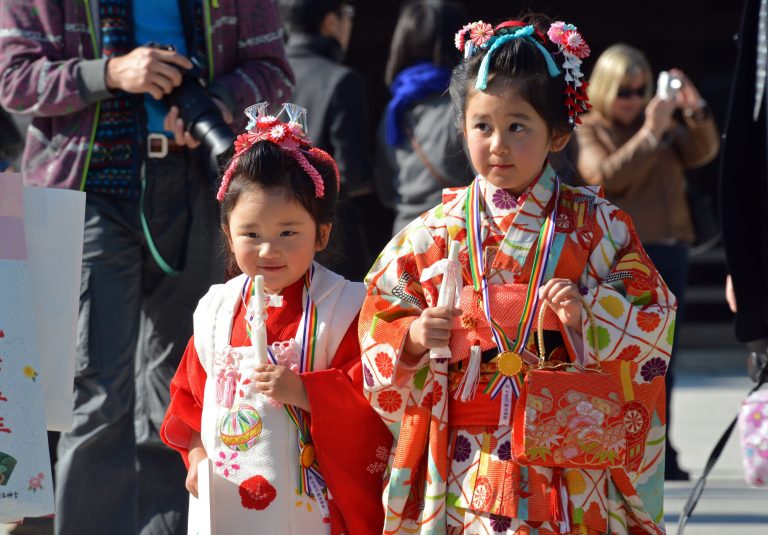The number of children born in Japan this year is well below last year’s record low, prompting a top Japanese government spokesman to describe the trend as a “critical situation.”
Between January and September this year, a total of 599,636 children were born in Japan, 4.9 percent lower than a year prior, indicating that the number of total births for 2022 may fall below last year’s record low of 811,000 births, Japanese authorities said.
Hirokazu Matsuno, Chief Cabinet Secretary, promised to introduce comprehensive measures to encourage more births and marriages.
Japan is the world’s third largest economy; however, the cost-of-living in the country is high and wage increases, like in other parts of the planet, are not growing at a pace that matches the soaring costs and expectations of living.
So far, the implementation of government subsidies for pregnancy, childbirth, and child care have failed to encourage people to have more babies.
Success
You are now signed up for our newsletter
Success
Check your email to complete sign up
“The pace is even slower than last year … I understand that it is a critical situation,” Matsuno told ABC News.
Young Japanese balk at the prospect of having a family, discouraged by bleak job prospects, long commutes, and corporate cultures that are incompatible with a traditional family where one parent stays home to tend to the children while the other works.
The trend in plummeting birth rates has been apparent since 1973 when births in the country peaked at 2.1 million. It’s expected the number of babies born in Japan by 2040 will fall to 740,000.
Currently Japan has a population of around 125 million, which is expected to plummet to just 86.7 million by 2060.
The aging and shrinking population has tremendous implications for the country’s economy and national security right at a time when Japan is attempting to strengthen its military to face threats from China and North Korea.
Last week, Prime Minister Fumio Kishida was supplied a government-commissioned report citing the low birth rate and falling population stating these are factors that may erode Japan’s national strength.

















